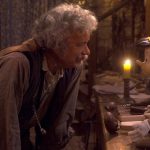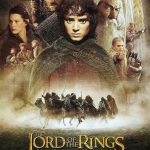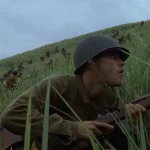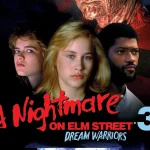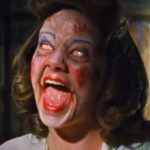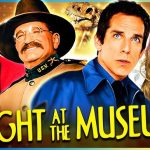Harry Potter and the Order of the Phoenix
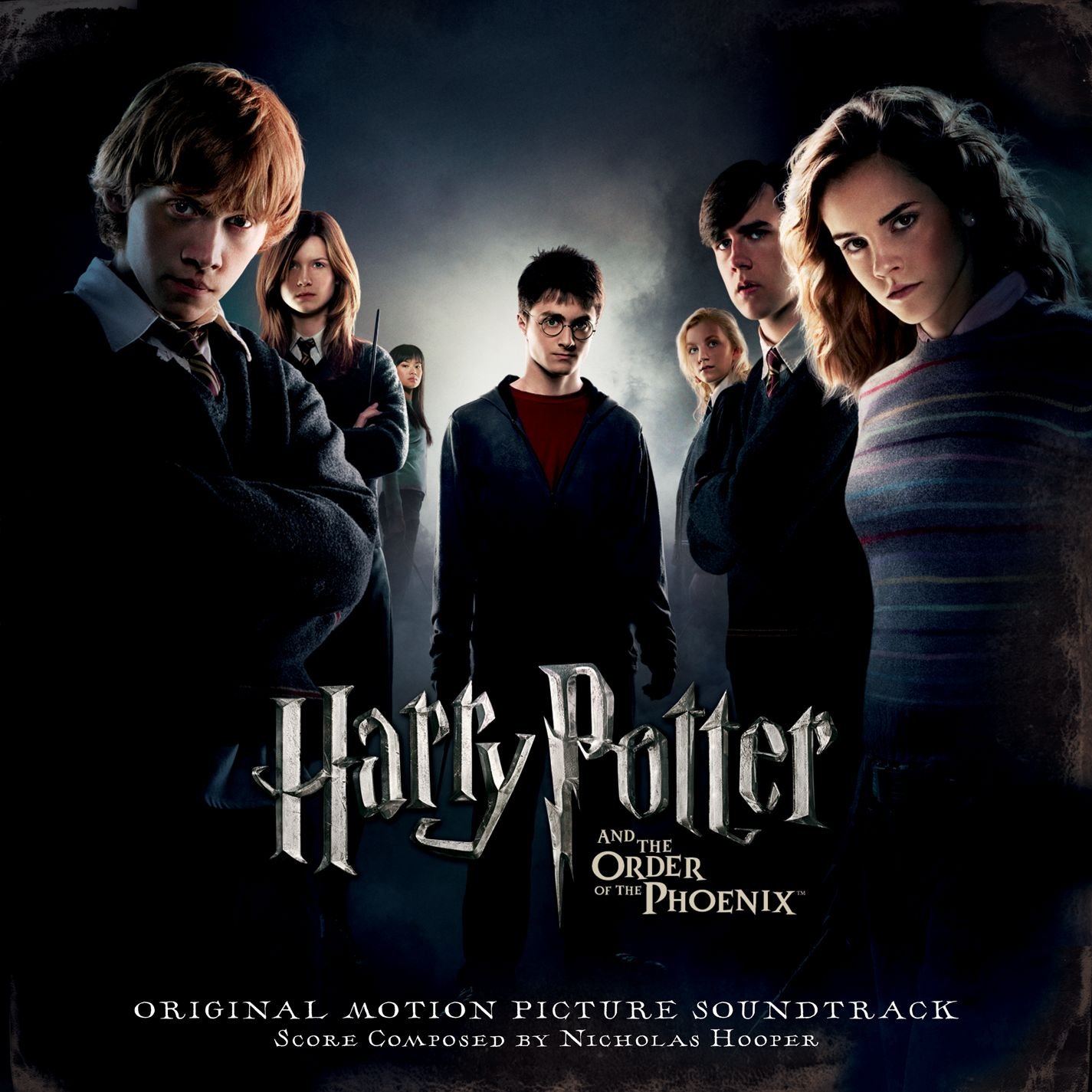
Suggested videos for you:
Suggested videos for you:
Suggested videos for you:
Suggested videos for you:
“Harry Potter and the Order of the Phoenix” (2007) ReviewDirector: David Yates
Based on: J.K. Rowling’s 2003 novel of the same name
Starring: Daniel Radcliffe, Rupert Grint, Emma Watson, Imelda Staunton, Gary Oldman, Ralph Fiennes, Helena Bonham Carter, Michael Gambon
Plot Summary: In “Harry Potter and the Order of the Phoenix,” Harry Potter (Daniel Radcliffe) returns to Hogwarts for his fifth year amid growing concern over the return of the dark wizard Lord Voldemort (Ralph Fiennes). The Ministry of Magic refuses to believe Voldemort’s return, and Harry and his friends, Hermione Granger (Emma Watson) and Ron Weasley (Rupert Grint), form “Dumbledore’s Army” to prepare themselves and their peers for the looming threat. Meanwhile, Harry struggles with the weight of his knowledge, the pressure of prophecy, and his connections to Voldemort.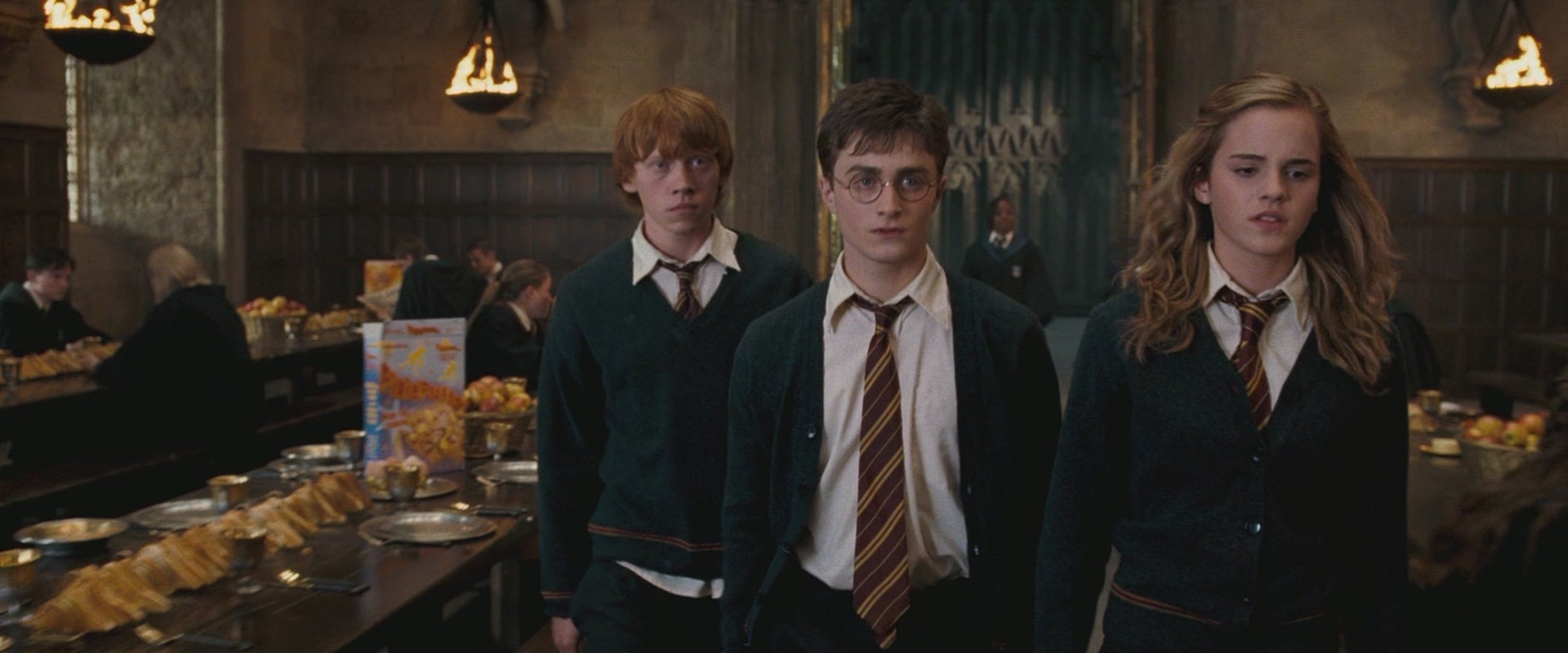
Review:
1. Adaptation and Storyline: David Yates’s adaptation of J.K. Rowling’s fifth book condenses a dense and complex narrative into a more streamlined film. While the film does an admirable job capturing the novel’s essential plot points and character developments, it inevitably omits some subplots and details due to its runtime. The film focuses on the central themes of resistance against tyranny, the struggle for truth, and the coming-of-age journey of its protagonist.
2. Performances: The core cast delivers strong performances, with Daniel Radcliffe’s portrayal of Harry Potter showcasing a deeper, more troubled character grappling with the burdens of his destiny. Rupert Grint and Emma Watson continue to shine as Ron and Hermione, providing both comic relief and emotional support to Harry. Imelda Staunton stands out as Dolores Umbridge, delivering a chillingly effective performance as the authoritarian and despotic new Defense Against the Dark Arts teacher. Supporting performances by Gary Oldman, Ralph Fiennes, and Helena Bonham Carter add significant depth to the film’s portrayal of the ongoing conflict.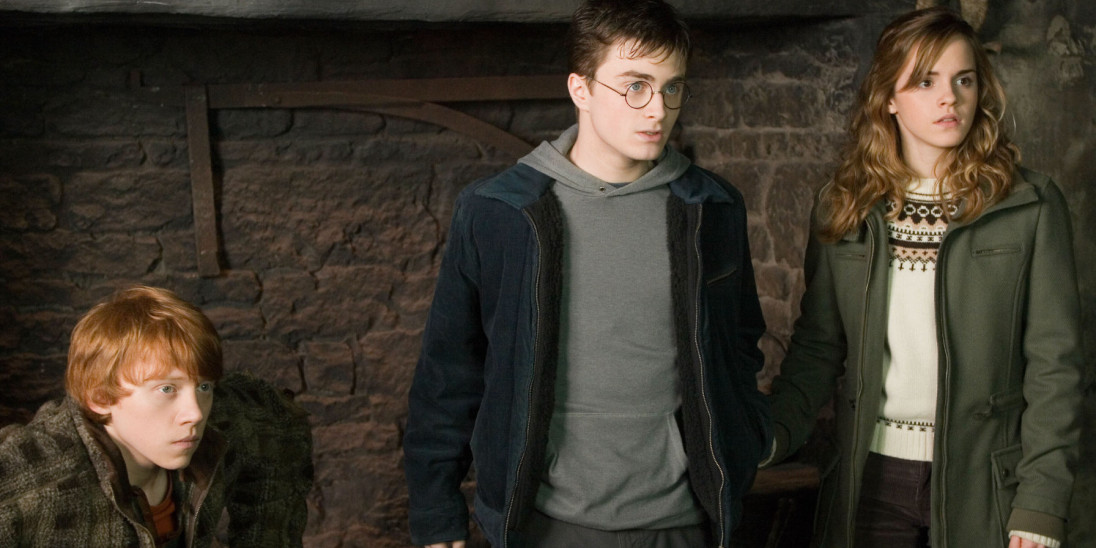
3. Direction and Cinematography: David Yates’s direction brings a darker and more mature tone to the series, reflecting the growing complexity of the story. The cinematography by Slawomir Idziak complements this shift, with a grittier and more subdued visual style compared to earlier installments. The film effectively captures the mood of foreboding and tension, especially in scenes involving the Ministry of Magic and the battle at the Department of Mysteries.
4. Themes and Emotional Impact: “Order of the Phoenix” delves into themes of power, resistance, and personal growth. The film portrays the increasing authoritarianism of the Ministry and the importance of fighting for truth and justice. Harry’s emotional journey, marked by anger, isolation, and a search for identity, is a significant focus. The film’s climax is both dramatic and tragic, highlighting the high stakes of the ongoing battle against Voldemort.
5. Special Effects and Action: The special effects are a significant step up from previous films, particularly in the depiction of magical battles and the climactic confrontation at the Ministry of Magic. The action sequences are visually impressive and add a sense of urgency and excitement to the narrative. The visual effects team effectively brings the magical world to life, enhancing the film’s fantastical elements.
6. Reception and Legacy: “Harry Potter and the Order of the Phoenix” was generally well-received by both critics and audiences. It is praised for its darker tone, strong performances, and successful adaptation of key plot points from the novel. However, some fans of the book feel that the film’s condensing of the plot results in the loss of important details and character development. Despite this, the film is regarded as a crucial installment in the series, bridging the gap between the more lighthearted earlier films and the darker, more intense final chapters.
Conclusion: “Harry Potter and the Order of the Phoenix” successfully navigates the challenges of adapting a complex and pivotal book in the series. It provides a darker and more mature take on the magical world, with strong performances and impressive visual effects. While some details from the book are sacrificed, the film effectively conveys the urgency and emotional weight of Harry Potter’s fifth year, making it a significant and compelling entry in the franchise.
